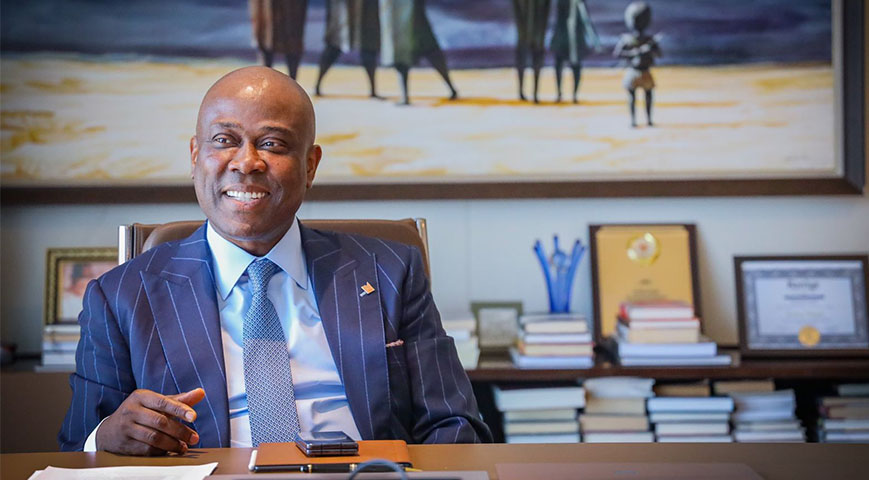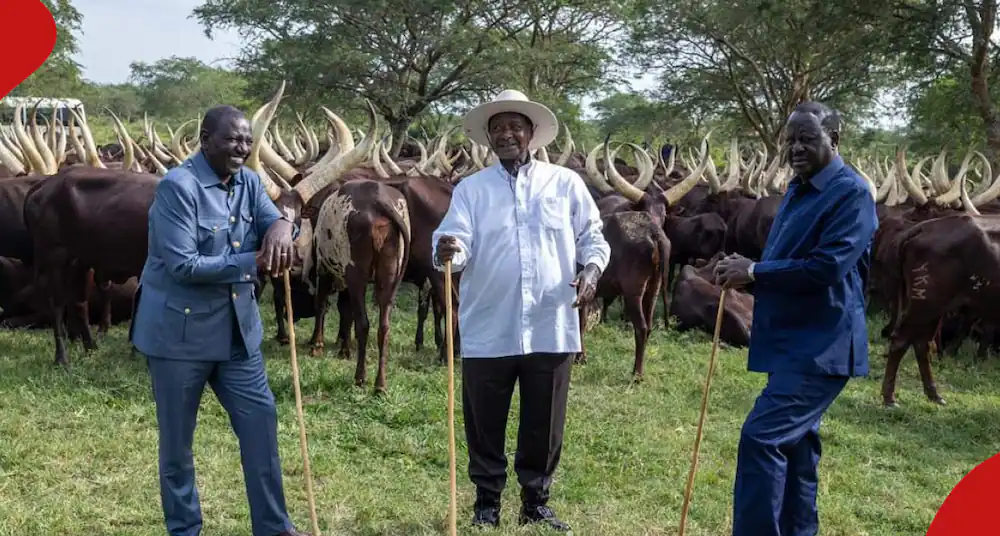The tragic helicopter crash in California on Friday claimed the lives of Herbert Wigwe, co-founder of Access Bank, one of Nigeria’s largest banks. Also, his wife, son, and a former president of the Nigerian stock exchange lost their lives. The crash occurred during a chartered helicopter journey from Palm Springs to Boulder City in Nevada, approximately 96km (60 miles) from Las Vegas. The investigation into the crash’s cause is underway in the southern Californian desert.
President Bola Tinubu expressed deep sorrow over Mr. Wigwe’s death, labeling it an “overwhelming tragedy.” The crash site, near Nipton on the edge of the Mojave Desert Preserve, experienced poor weather conditions with rain and snow showers.

Herbert Wigwe, who founded Access Bank in 1989, played a pivotal role in making it Nigeria’s largest bank in 2018 after acquiring Diamond Bank. Known for his efforts to expand the bank’s presence across the continent, he had recently focused on acquisitions in countries such as Kenya, South Africa, and Botswana. Additionally, he had plans to launch a new banking service in Asia in the first quarter of 2024.
Tributes have poured in following the news of his death, with President Tinubu expressing shock and describing it as a “terrible blow” to Nigeria and Africa’s banking industry.
Herbert Wigwe’s Commitment to Education
Even as Herbert Wigwe dies in a helicopter crash, his commitment to education was evident in his plans to establish Wigwe University in Nigeria’s Niger Delta region, scheduled to launch in September. In a January newspaper article, he emphasized the importance of investing in higher education to address global migration, stating that his university was an opportunity for him to contribute to society and mitigate the factors driving migration.
In a January article, Mr. Wigwe emphasized the importance of investing in higher education as a crucial factor in managing mass migration, a phenomenon that he believed was causing destabilization worldwide.
With this perspective in mind, he was actively involved in establishing his educational institution, Wigwe University, scheduled for a September launch in the oil-rich Niger Delta region of Nigeria, his hometown.
In his written piece, he advocated for a holistic approach to tackle global migration, urging a reevaluation of traditional frameworks for international development. Mr. Wigwe asserted that the most effective way to curb migration was not in the middle of the Mediterranean, the English Channel, or the Rio Grande but within the home countries that many migrants were eager to leave. His university, he explained, represented an opportunity for him to contribute to society and address the underlying issues driving migration.



